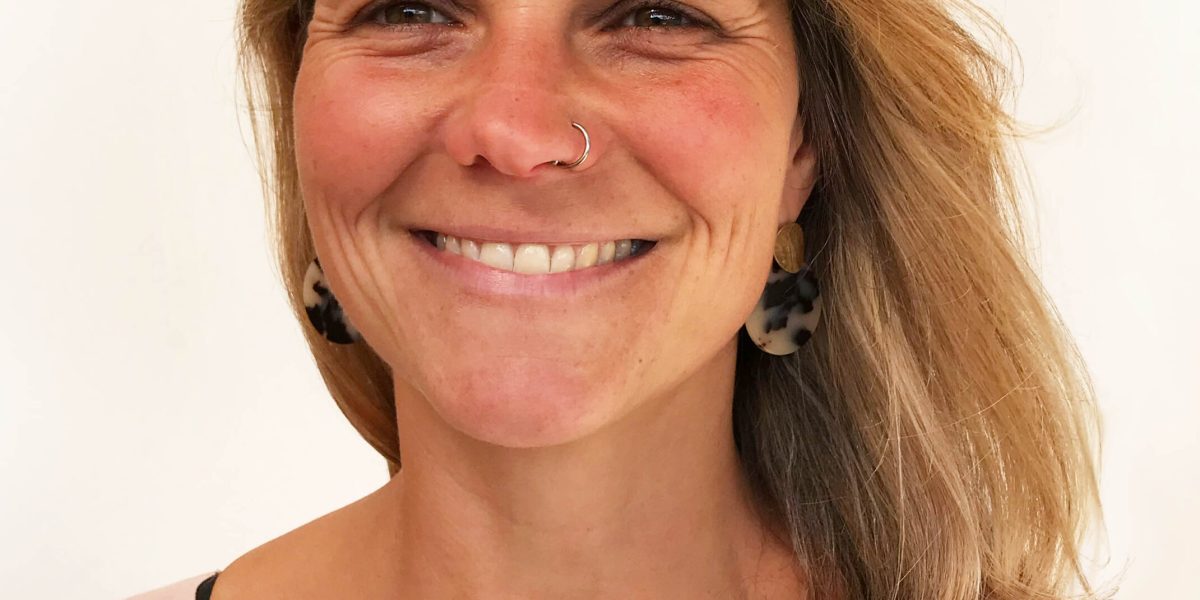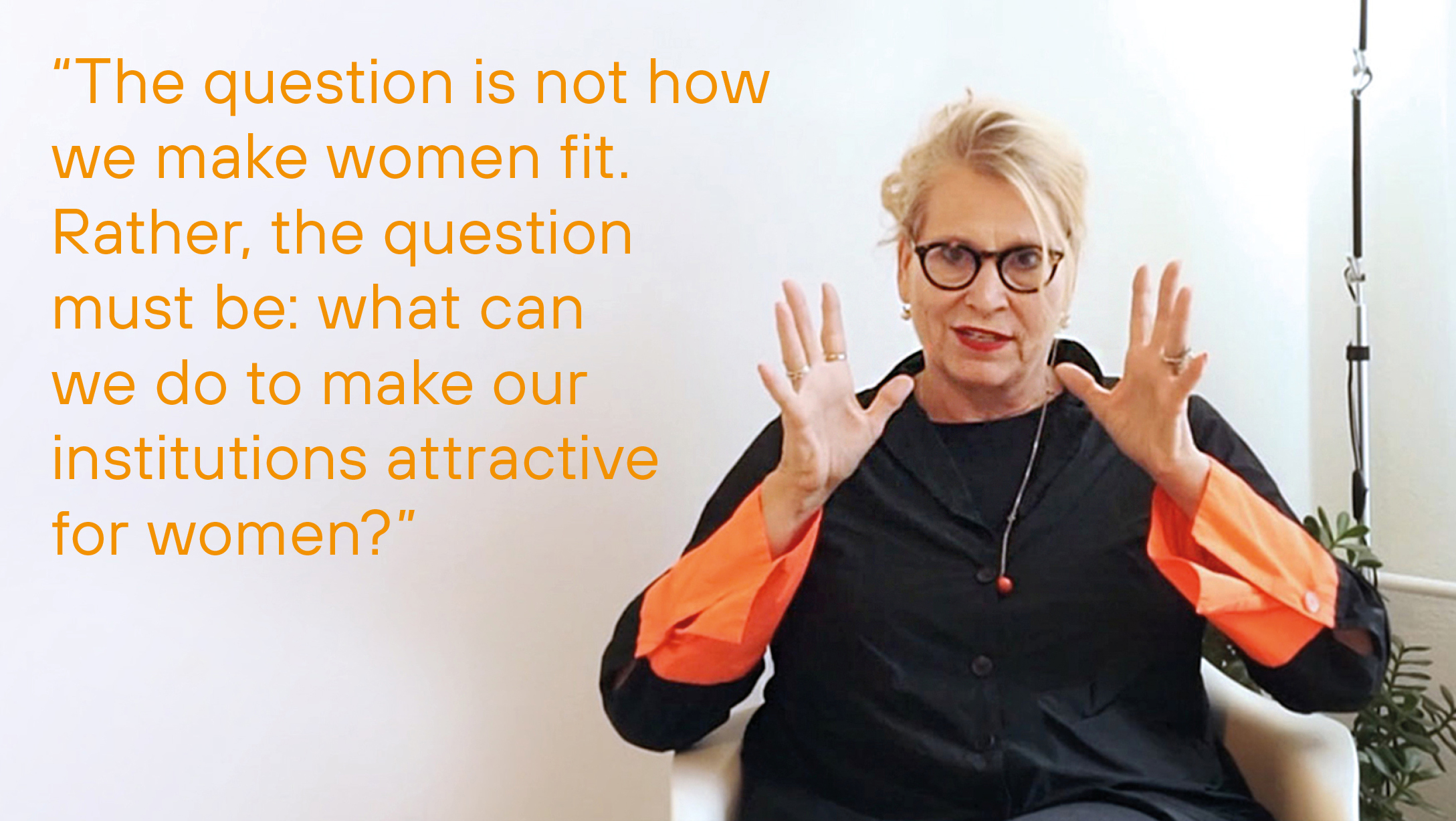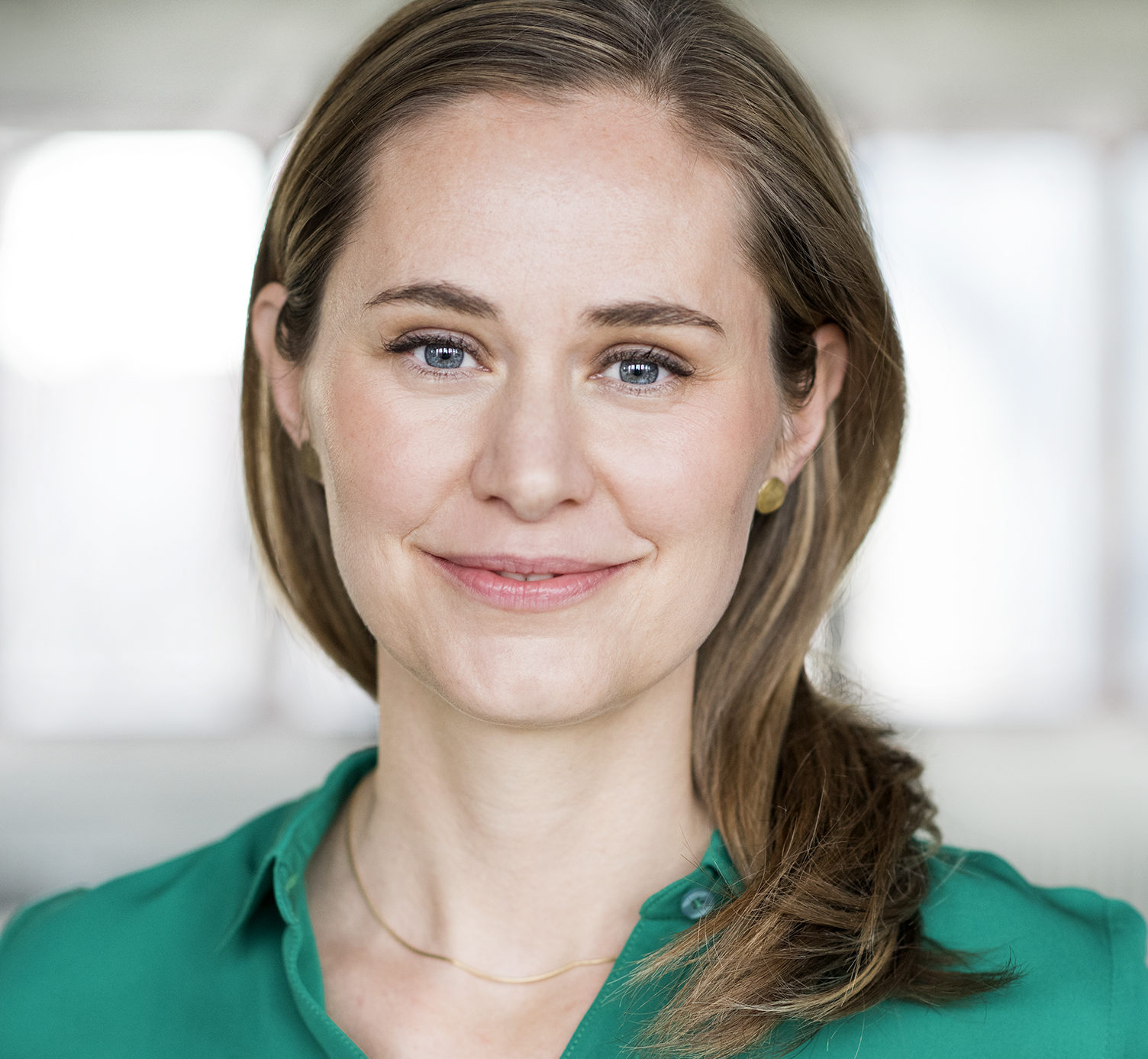As an independent trainer, consultant, coach and process facilitator, I am primarily concerned with the question of how we can learn to interact constructively and benevolently with one another and how we can succeed in sustainably changing societal structures of inequality and discrimination. I am committed to a society in which connection and constructive cooperation are the focus instead of separation, discrimination, conflict and violence. After my involvement in international cooperation, peace processes and conflict transformation in various countries in Latin America, today my aim is to create spaces that make it possible for people to unlearn old and destructive patterns and learn new ways of living together.
At the moment, in collaboration with my colleagues from DisruptiF – feminist form and advise eV, I am particularly inspired to explore a feminist work and leadership culture. In the civil society sector, concepts of feminist leadership are currently receiving increasing attention. The first conceptual considerations and implementations of feminist leadership came from women’s* movements in the global south. They have found their way into the international social impact sector, and organizations such as ActionAid and Oxfam are integrating feminist leadership into their organizational structure and strategy.
What can be understood by feminist leadership? It’s about exploring an attitude and practice that takes the social context and its special challenges related to collaboration into account.
From an organizational perspective, feminist leadership means rethinking: How can old power relations and asymmetries be broken? How can power be distributed differently? How do discrimination, violence and unhealthy relationship dynamics work and, above all, how can we learn together to “do it differently”?
Leadership is not understood here as something individual per se, but as a collective process in an organization. For example, how can power be shared, how can decisions be made more transparent and inclusive, or how can relationships be lived in a constructive and benevolent manner? Exciting questions also for organizational and cultural development.







